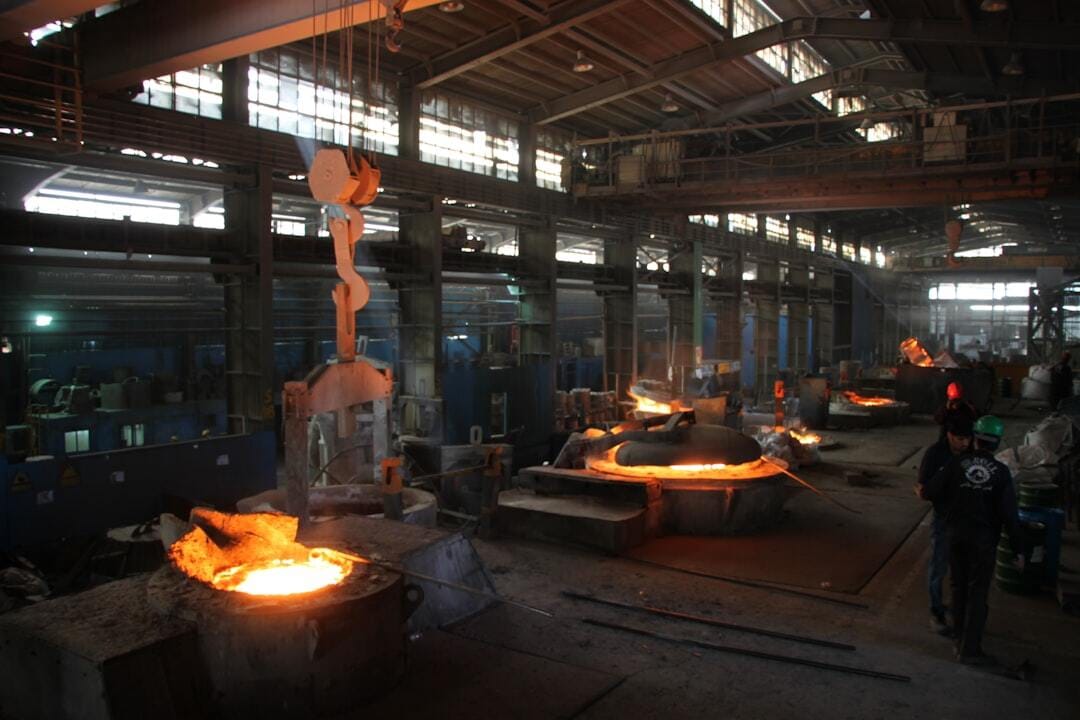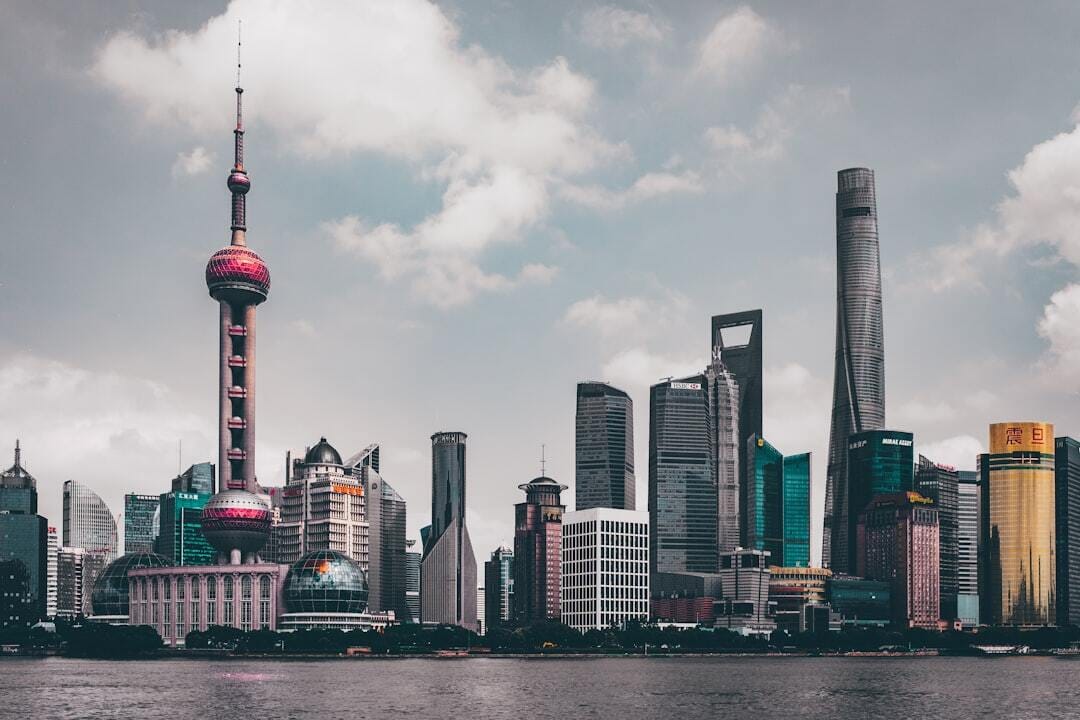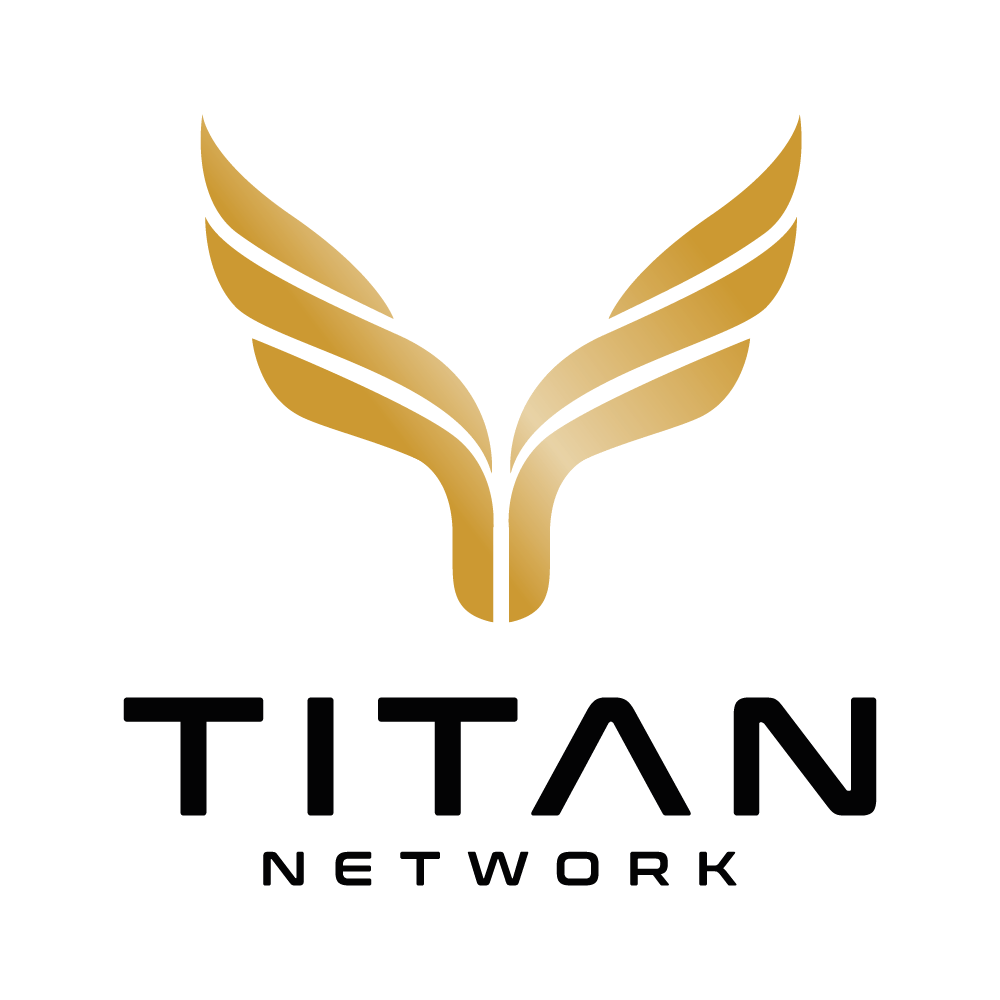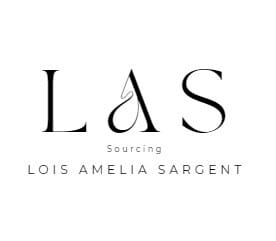
Welcome to this week’s Sourcing Spotlight.
In this week’s edition, we explore China’s new export VAT crackdown, Europe and the Gulf’s supply chain investments, and the UK-US Economic Prosperity Deal, together signalling a decisive shift in global trade by tightening compliance, reshaping tariffs, and reinforcing China’s supply chain role, while pushing exporters to adapt quickly to protect margins.

Feature Story
China’s VAT Export Crackdown
From today (1st October 2025), China has closed the loophole on “export without VAT.”
What’s Changed: All exporters must now register under real-name rules. No more third-party export documents, factories and their tax IDs must appear directly on customs paperwork. Goods like steel and industrial products now face unavoidable 13% export VAT.
Who’s Affected: Factories without export licences, grey-market traders (especially in steel/industrial goods), and foreign buyers using EXW contracts.
Big Risk: EXW (Ex Works) shipments are now high-risk, factories often lack export licences, so goods may be rejected at customs. FCA (Free Carrier) is safer, since the seller takes responsibility for export clearance.
Action Steps:
Shift contracts from EXW → FCA.
Confirm your supplier’s export licence status and tax registration.
Add “Exporter of Record” clauses to contracts.
Budget for VAT-linked price increases.
Expect potential Q4 delays as rules are enforced.
This reform is Beijing tightening tax compliance, boosting revenue, and levelling the export field. For global buyers, the key is contract clarity and supplier verification, those who adapt now will protect margins and avoid disruption during peak season.
EU & Gulf Capital Quietly Reinventing China’s Supply Chains
While US tariffs dominate the headlines, it’s Europe and the Middle East who are quietly reshaping China’s supply chain future.
Europe’s Play: €3.06bn of FDI flowed into China in Q1 2025 alone, targeting EVs, batteries, and logistics tech. European firms are co-developing green and digital supply chain hubs in Shanghai and the Yangtze Delta, ensuring access to critical minerals and clean-energy components.
The Gulf’s Move: Saudi Arabia’s ACWA Power and Oman’s Future Fund are investing heavily, over 1 GW of solar and wind already in Guangdong and Shanghai, plus a $200m joint clean-energy fund. These deals link Chinese supply chains to Gulf-developed desalination and green hydrogen tech.
Why It Matters:
China’s role in renewables and advanced manufacturing is being reinforced, not weakened.
Tech transfer is two-way: Gulf states gain R&D, China gains capital and export corridors.
Logistics upgrades from EU and Gulf capital mean stronger resilience in digital trade networks.
For small businesses, the takeaway is simple: tariffs may raise costs, but global capital is doubling down on China’s clean energy dominance. Supplier diversification remains key, but don’t expect China’s supply chain edge to fade anytime soon.
How the UK-US Economic Prosperity Deal Will Reshape Tariffs for Small Exporters
President Trump’s September 2025 state visit to the UK delivered more than ceremony. At its centre was the Economic Prosperity Deal, a trade framework that is set to reshape tariffs and compliance for exporters on both sides of the Atlantic. For small UK businesses, the implications are significant.
Automotive exporters gain a major advantage, with US tariffs on UK cars cut from 27.5% to 10% for the first 100,000 vehicles each year. Aerospace engines and advanced manufacturing components now enter the US duty free, while agri-food exporters win new access under a 13,000 metric tonne beef quota. Steel and aluminium face a holding pattern at 25%, with future quota talks still unresolved.
The benefits are balanced by new barriers. From April 2025 most UK exports will face a 10% baseline tariff on top of existing duties. From August, the US de minimis threshold disappears, meaning even low-value parcels under $800 will be hit with tariffs, customs clearance, and administrative fees. Quota-based access for cars, beef, and aerospace also demands meticulous paperwork and proof of origin.
For small exporters, the deal is both a door opening and a hurdle rising. Those who adapt early by tightening compliance, consolidating shipments, and considering US warehousing will be best placed to navigate the change. The Economic Prosperity Deal is not a free pass, but it is a new playing field, and agility will be the decisive advantage.
UNCTAD Outlook: Shipping Costs, Trade Routes and the Path Ahead
UNCTAD’s latest shipping review shows global trade growth levelling off at just 0.5% in 2025, with freight costs climbing as vessels take longer rerouted journeys. Asia–Europe lanes face the biggest delays, while other routes remain stable.
For small businesses, the message is clear: keep freight budgets flexible, negotiate adaptable contracts, and partner with forwarders who can pivot quickly. Sustainability is also moving centre stage-new vessels, port digitalisation, and greener fuels are all reshaping logistics.
The outlook isn’t crisis but transition: modest growth, rising costs, and big opportunities for those who plan ahead and use sustainability as a competitive edge.
DISCOVER OUR PREVIOUS ARTICLES….
From new AI concepts that could benefit you, to new technologies and strategies to navigate the current global economy. Read through for impactful resources to help you become proactive in your business.

How Stoke-on-Trent Kept Britain’s Ceramics Alive & What Can We Learn From It.

Walmart is using AI tool Pactum to negotiate with suppliers, and 85% prefer it to a human.

As tariffs escalate, Illinois finds itself caught in the crossfire. From manufacturing supply chains tied to Canada and Mexico, to billions in farm exports now facing retaliation
That’s it for this weeks Sourcing Spotlight.
Stay ahead of the curve by following us daily on Instagram at @lois_thesourcingspotlight for fresh updates. Craving deeper insights? Dive into exclusive, in-depth analysis with our premium subscription, just $9.99 a month, and the first month is on us! Get all your most important small business news in one place, helping you navigate information effortlessly with actionable and insightful updates.
This Newsletter is sponsored by

Unlock the most powerful, structured system for Amazon success. With over 10 years of operating experience, billions in collective private label sales, and insights from thousands of top-performing sellers, we’ve engineered a clear roadmap for profitable growth. Our proven tools, strategies, and community provide everything you need to scale faster, smarter, and more confidently—without the guesswork.
Until next time,

Quiet sourcing. Loud impact.
